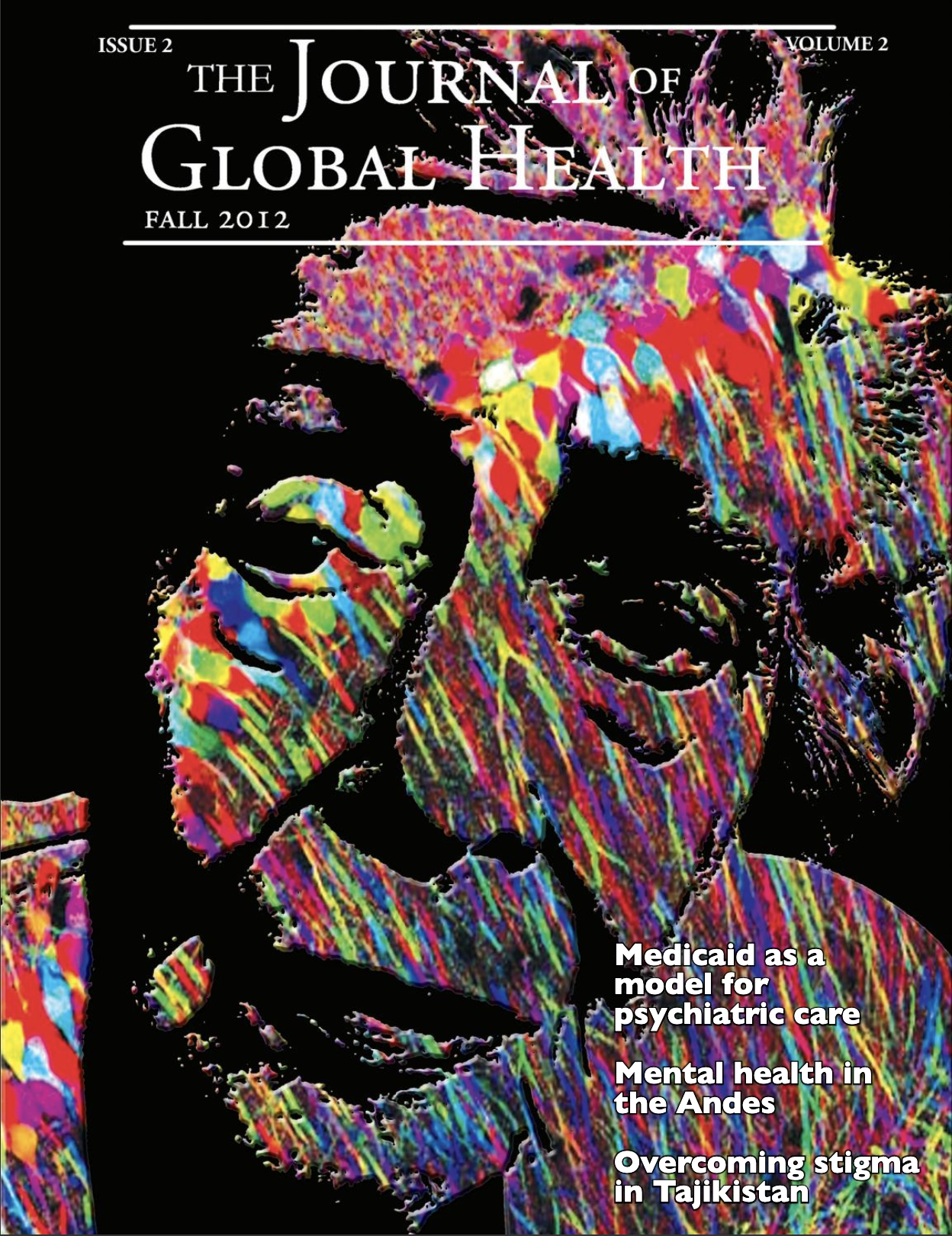On the Path to Mental Health in the Andes
Main Article Content
Abstract
I arrived in Ayacucho, Peru on a Monday morning in January 2012 shortly after completing a three-week general medicine elective in a small clinic in southern Ecuador. I was set to begin a six-week psychiatry elective, observing and participating in patient encounters in mental health clinics and hospitals in both the Andean city of Ayacucho and Lima, Peru’s capital. Providing supervised medical care to patients in Ecuador had exposed me to some of the health issues commonly faced by a rural Andean population of farmers or campesinos, as well as the challenges of working in low-resource settings. Patients largely reported ailments related to a lifetime of hard physical labor, such as back and joint pain, and were also treated for a range of common medical conditions, including hypertension and acid reflux. Occasionally, my supervising doctor commented that he suspected some patients’ physical symptoms reflected elements of “somatization,” the embodiment of mental distress. Having studied medical anthropology prior to medical school, I was familiar with this phenomenon and other “local idioms of distress,” or the “particular ways in which members of sociocultural groups convey affliction.”1 However, in this busy medical clinic, there was rarely time to meaningfully explore the etiologies of such complaints with patients.
Deeply interested in further exploring how health and experience are shaped by complex interactions between social, cultural, political and economic factors, I sensed the unique nature of the opportunity to work in Ayacucho, a city that simultaneously epitomizes the beauty of the Andes and embodies the region’s darker history of political violence and economic oppression. Strongly considering a career in global mental health, I was curious to learn about the models of mental health care being employed in the clinics and hospitals I would encounter and the ways they were addressing the astonishing treatment gap that characterizes this field. Currently, more than three-quarters of individuals with serious cases of mental illness in less developed countries do not receive adequate treatment.2 The great challenge for the field of global mental health is to address this “moral failure of humanity” in contextually appropriate ways that promote human rights and avoid detrimentally imposing Western systems of diagnosis and treatment.3

